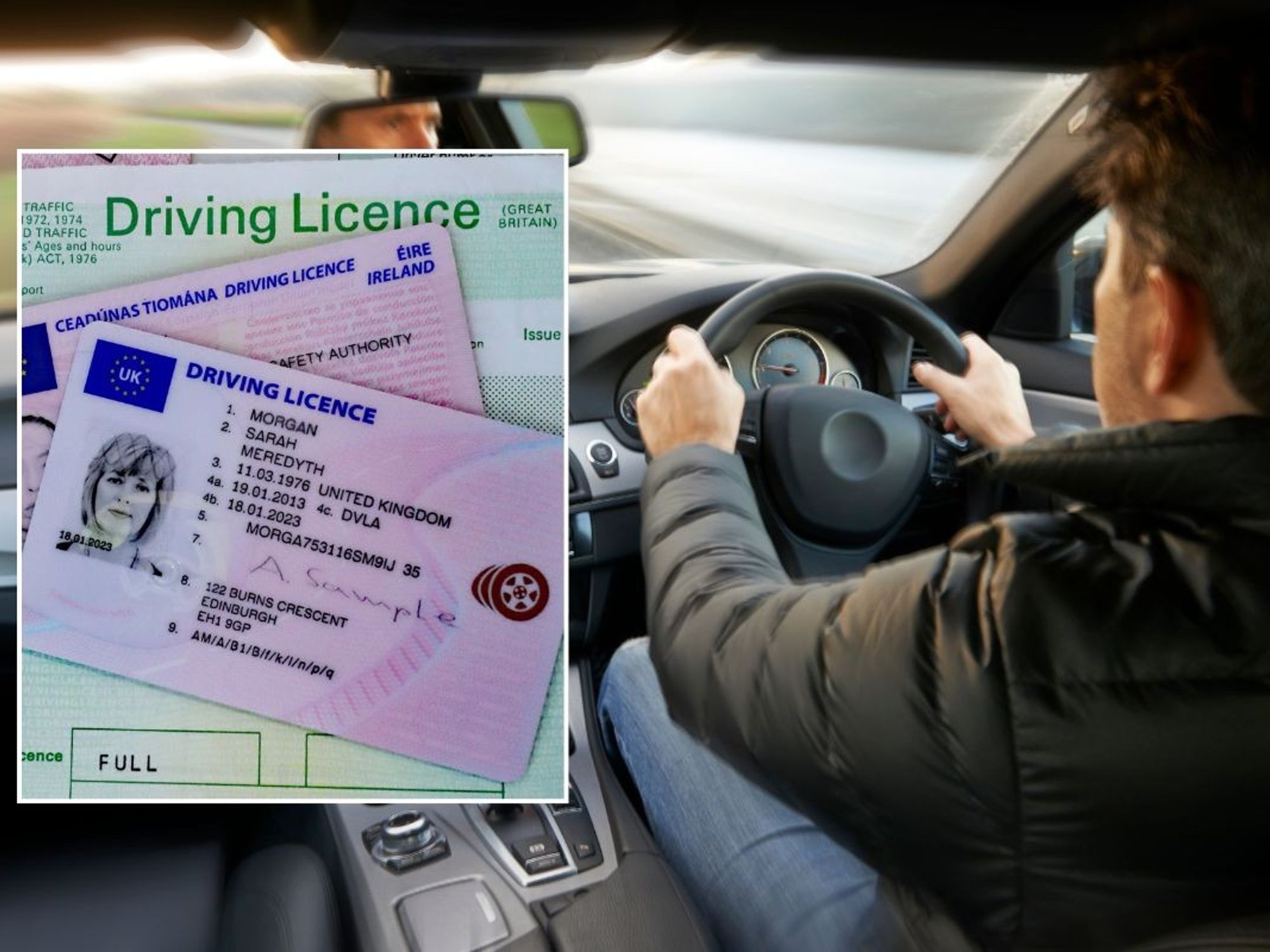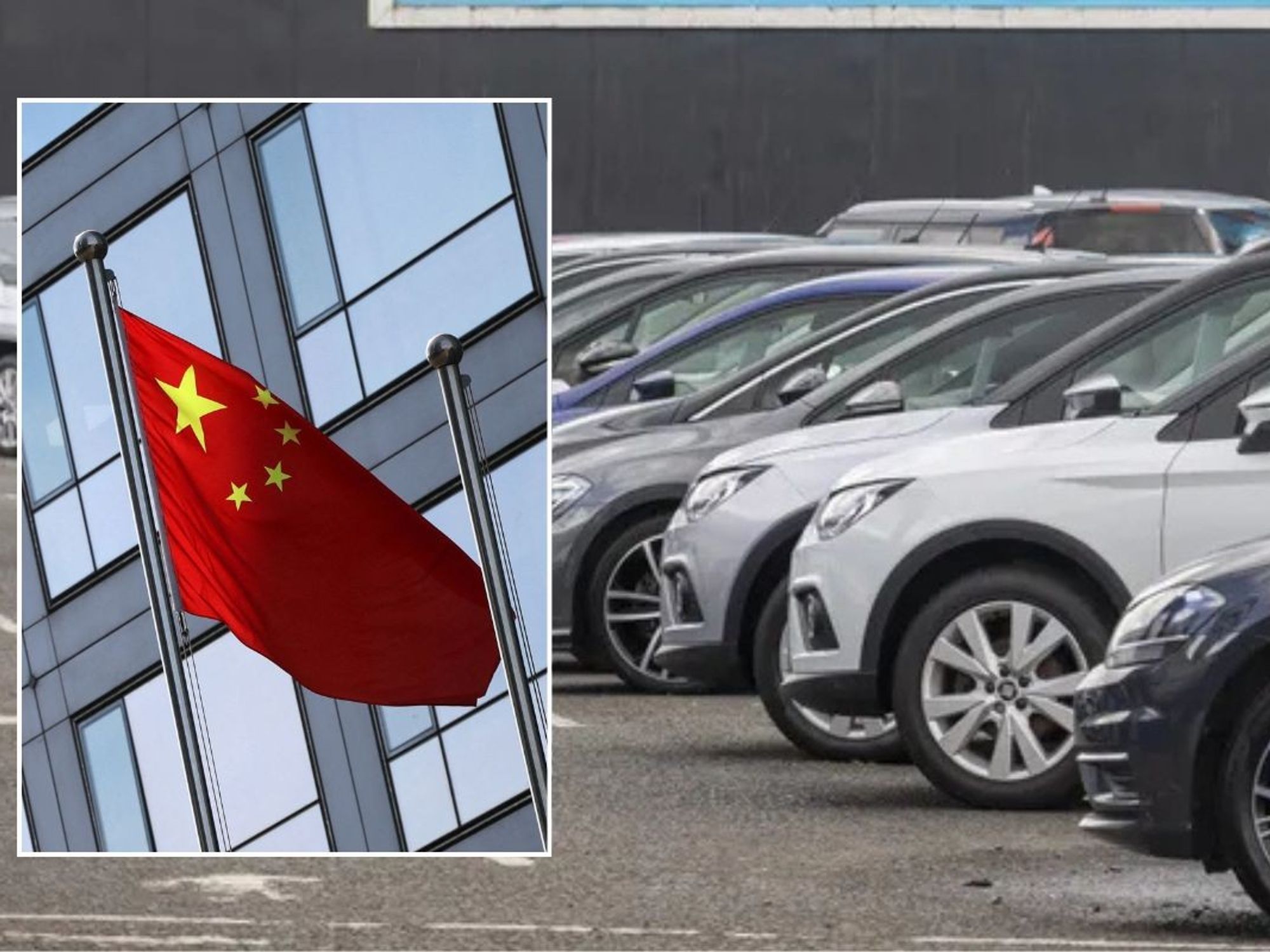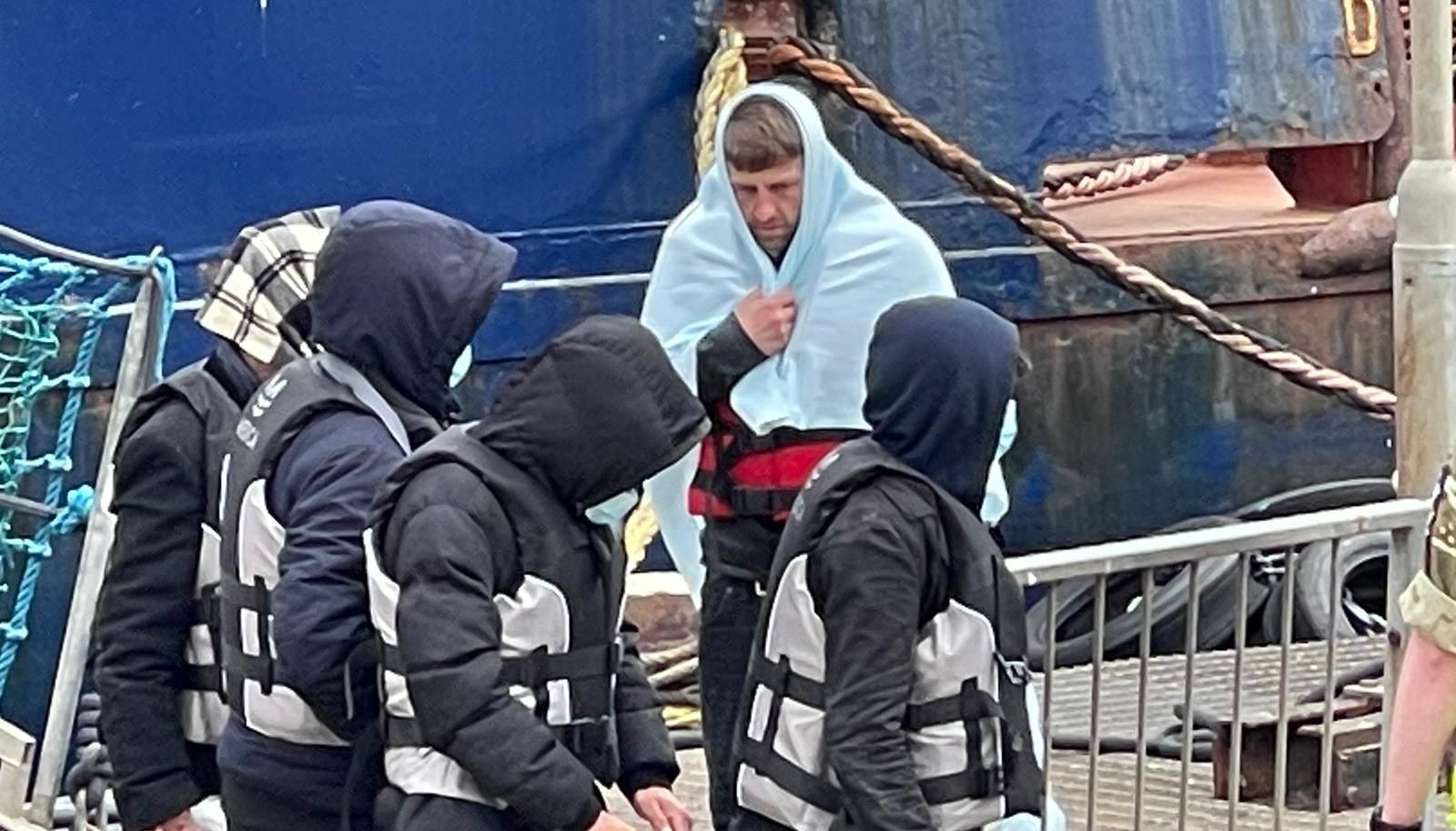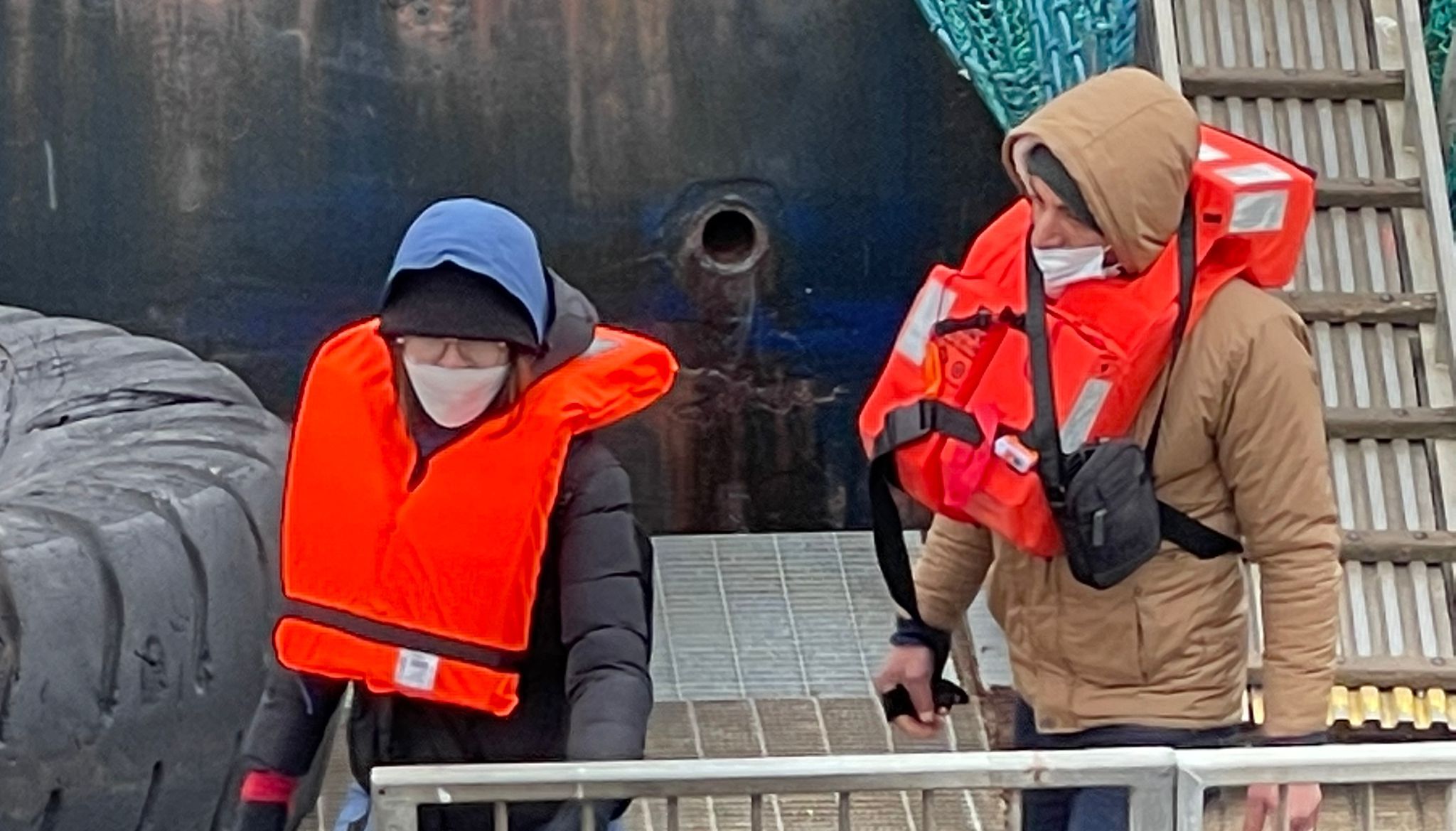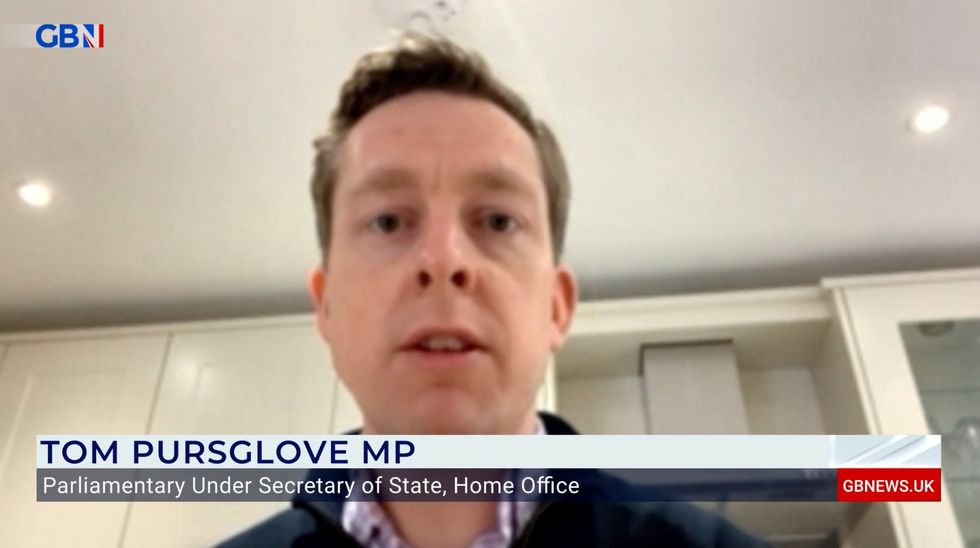Hundreds of people intercepted on small boats in English Channel

After an eleven day hiatus, in which no small boats made it into UK waters, the first dinghy was spotted and intercepted around 1am on Sunday.
Don't Miss
Most Read
Latest
Hundreds of people on board multiple small boats have been intercepted in the English Channel by UK authorities this morning, GB News can confirm.
After an eleven day hiatus, in which no small boats made it into UK waters, the first dinghy was spotted and intercepted around 1am on Sunday.
Those on board were taken by lifeboat to Dover harbour.
Since first light, at least seven small boats have been spotted and intercepted.At least 230 people have now been taken to the UK Border Force's processing centre in Dover.
Organised criminal gangs, who run the illegal people smuggling operation, had been unable to put boats into the Channel in recent days, because of weather conditions.
Reports that the UK Government's planned "Rwanda policy" was responsible for the pause in small boat crossings have been dismissed by local sources, who insist the weather was the cause.
Until today, the last migrants to arrive in Kent were 263 people, pulled from seven dinghies on April 19.
One source said that since that day, there had mainly been "prevailing north easterly winds, which combined with very significant Spring tides to make the Channel impossible for small boats to negotiate.
After an eleven day hiatus, in which no small boats made it into UK waters, the first dinghy was spotted and intercepted around 1am on Sunday.
Mark White
"Effectively, you have the flood tide running fast in one direction and the north easterly winds pushing in the other direction."
"That combines to whip up the waves, which become unmanageable for small inflatables."
So far this year, more than 6,700 people have arrived on small boats, far higher than for the same period last year.
Predictions that more than double the 28,526 people who crossed in 2021 could arrive this year have had the Home Secretary and her officials scrambling for possible solutions to the problem.
On April 14, the Royal Navy took over command of operations to detect and intercept Channel migrants.
On the same day, Home Secretary Priti Patel also signed a deal with the Rwandan government to allow for the transfer of some migrants to that country.It's understood that initially, women, children and families would not be sent to Rwanda.
Those sent to Rwanda would be single males who cross into the UK using irregular routes, like small boats, or in the backs of lorries.
The plan is effectively a one-way ticket. Even if granted asylum by the Rwandan authorities, anyone sent there would not be allowed to live in the UK and would have to stay in the African nation.
After an eleven day hiatus, in which no small boats made it into UK waters, the first dinghy was spotted and intercepted around 1am on Sunday.
Mark White
Speaking to The Political Correction on GB News today, Home Office Minister Tom Pursglove was asked whether the Rwanda policy was already having a deterrent effect?
He said: "I think it's early days to comment authoritatively on the effect that the policy's had.
"But I genuinely do think that we need to shift the dynamic and shift the dial, because the status quo just couldn't endure.
"I do think there is a significant deterrent affect associated with this. By ending that link, between getting in a small boat and coming to Britain and thinking you've got a very realistic prospect of remaining in Britain indefinitely."
Home Office Minister Tom Pursglove
GB News
Speaking before he had received news of the latest interceptions in the Channel, the Minister added: "It is early days, we've seen the obviously mixed reports around on this in the different newspapers saying they definitely won't make the trip now because of the policy, other people saying, they will still make the trip.
"But I think overall that what we will find is that individuals, as they are relocated to Rwanda, it will have a deterrent affect.
"Local sources in Calais have said that hundreds of migrants have been gathering in the area in recent days.
"They're effectively stacking up, waiting for the weather to improve so they can make the journey."
With conditions expected to further improve tomorrow, UK authorities are braced for a surge in small boat numbers in the days ahead.









